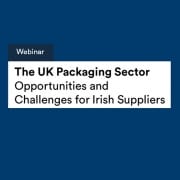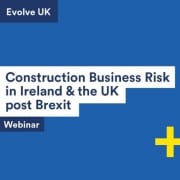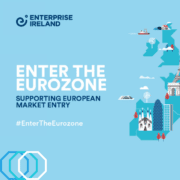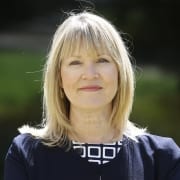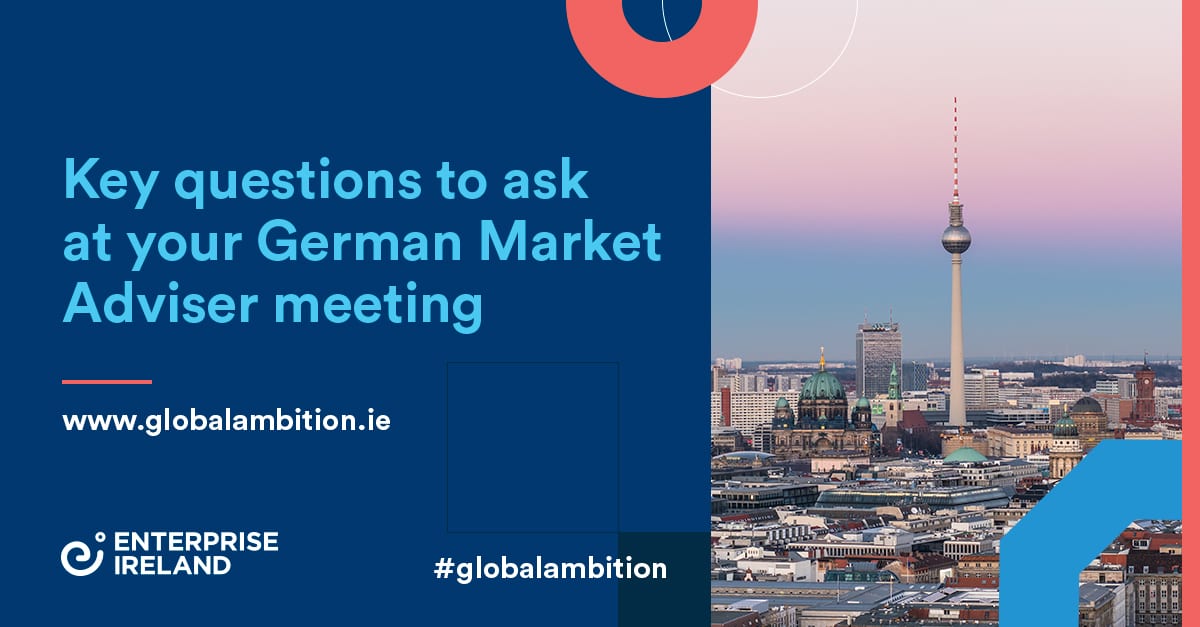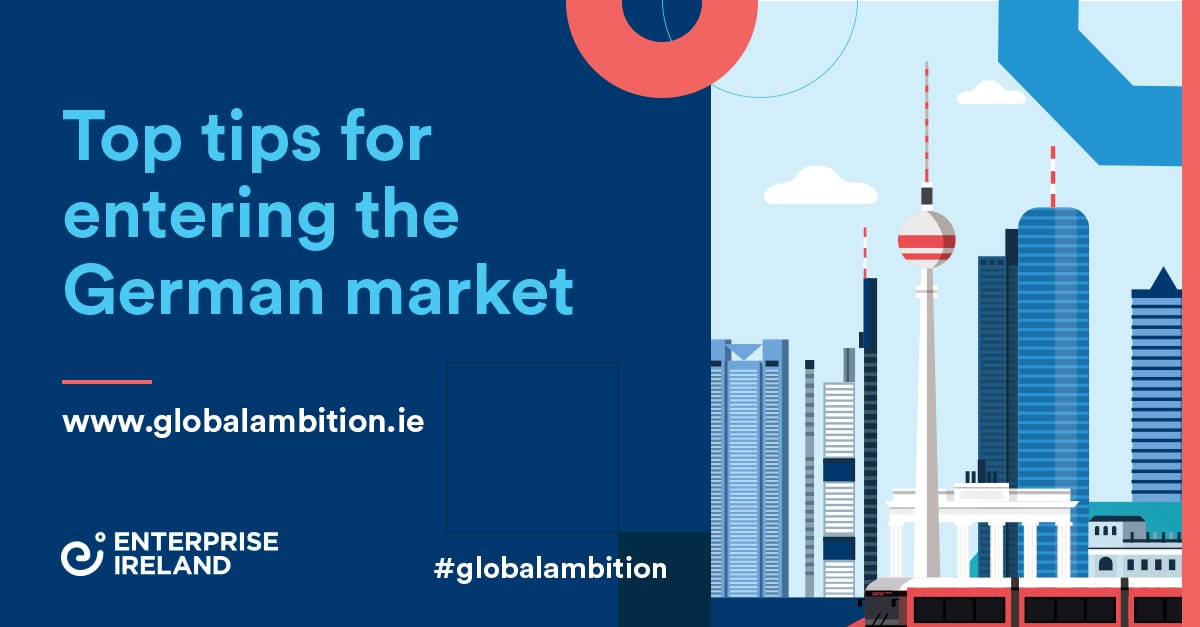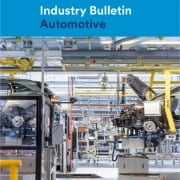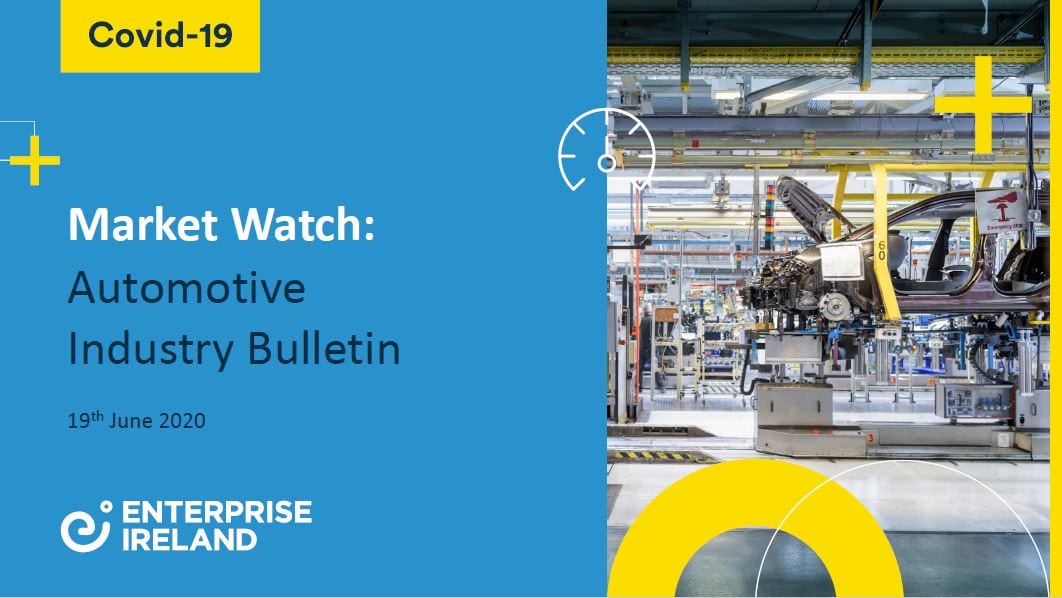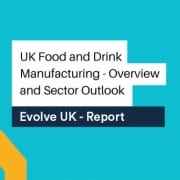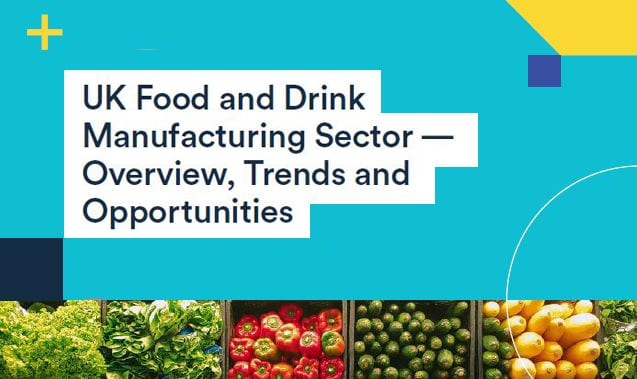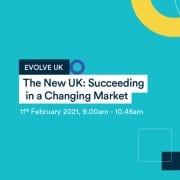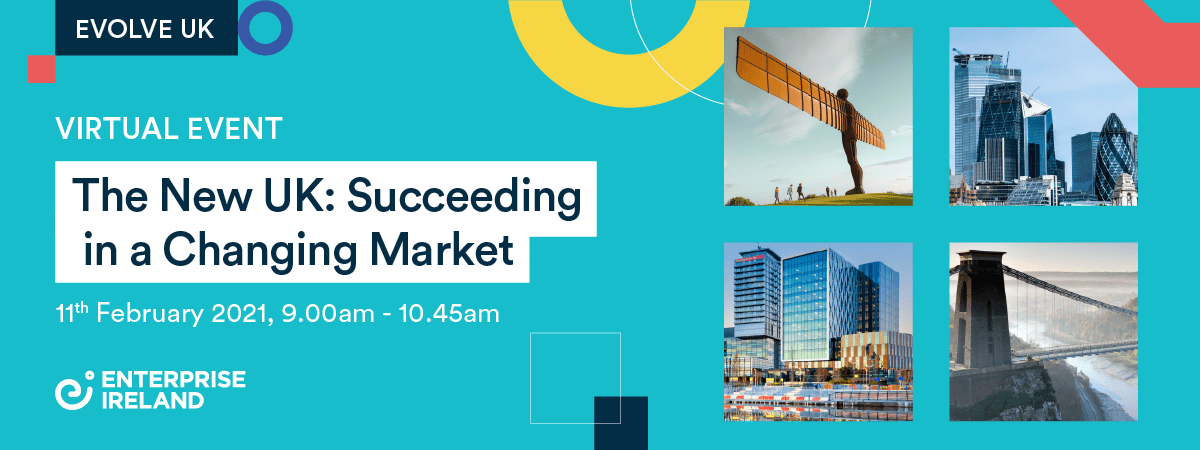Companies all over Ireland are winning new business across Europe with the help of Enter the Eurozone, an innovative business development programme from Enterprise Ireland that provides tailored market entry support.
The five-month programme was launched in 2019 and is currently on its fifth intake.
To date 102 companies have come through it. Of these 37 have taken steps towards operating in European markets.
“When you consider that typical business to business cycles take 18-months to complete, and that the bulk of participants have been on the programme during Covid, that’s a remarkable success rate,” says Paul Browne, Programme Manager International Partnering at Enterprise Ireland, who runs Enter the Eurozone.
Opportunity on your doorstep
The programme is designed to help Irish companies take advantage of the fact that one of the most dynamic, prosperous and stable markets in the world is on their doorstep.
“As a region with a population in excess of 340 million, the opportunity the Eurozone presents to Irish business is enormous,” he adds.
“Yet we are still merely scratching the surface. Despite the fact that the Eurozone has five times the population of the UK, it has less than two thirds of the exports from Irish companies.”
Brexit has encouraged many businesses to see the Eurozone with fresh eyes, appreciative of the fact that it offers a single market, freedom of movement for people, goods and services, a single currency, regulatory alignment and zero customs barriers.
“The Eurozone offers significant and untapped opportunities for Irish companies and Enterprise Ireland has developed a unique programme to help you take advantage of them,” says Browne.
Market entry plan
The five-month programme opens Europe’s doors to ambitious Irish exporters. It is delivered by ESMT European School of Management and Technology, Berlin, Germany’s number one business school.
It is supported by IMS Marketing, seasoned providers of one-to-one business advice for those developing a European market entry plan.
“In developing the programme, we recognised that while management teams know training is great, what they really want to know is what will it mean for their business,” says Browne.
“So, at the end of this programme, each participant comes out with a clearly defined market entry plan bespoke to their business. It contains clear, practical steps which, if taken, will see them win contracts abroad.”
Enterprise Ireland’s Eurozone team, based in market, then works with the client to help them to execute that plan, backed by its network of in-market expertise.
Unique products and services sought
Irish companies have unique products and services in an array of areas, including software, data centre systems, medical devices, and ag-tech.
“We take for granted that our companies are exposed to US multinational companies without realising that it gives us enormous advantages in terms of experience, standards and service levels. Irish companies are already selling to the best in the world at home. That level of expertise and experience is sought all over Europe too,” he adds.
Campion Pumps in Tipperary used the Enter the Eurozone programme to develop a market entry strategy for Italy.
Its experience in pumping equipment led it to develop software that allows pumps to communicate with computers. It has hundreds of pumping station customers linked to its cloud-based server. What’s innovative about its solutions is that its software can work with anyone’s equipment, providing it with a valuable USP (unique selling point).
Having a unique solution is hugely compelling, in any market, says Browne. “If I go to a potential customer in, say, the Netherlands, the first thing he or she will say to me is ‘Why should I buy from you, when I’ve five guys down the road I could go to? But when you go in pitching something that is innovative and unique, why wouldn’t they talk to you?”
In Leitrim, Archway Products already had success working with local authorities in the UK, attracted by its highly innovative, cost effective and environmentally sound processes for fixing road defects. The inventor of the Roadmaster Spray Injection Patching machine, which fixes all types of road defects, is now gaining traction in Germany too.
Shamrock Farm Enterprises, a maker of equine and agricultural supplements, also in Tipperary, recently secured a distributor in France.
Louth firm Aphix Software has developed an integrated suite of eCommerce and mobile ordering products.
“Any solution that helps with stock control, and whose software helps you move online, is a pitch to which a lot of companies across the Eurozone are very open to now,” says Browne.
Applied Concepts, Ireland’s sole manufacturer of CE approved blasting machines, has already developed an international presence, driven by innovations such as a compressed air machine that sits on a tractor and uses less carbon.
“Ireland is already renowned for food, so if you are going to Europe and say your farm equipment is terrific too, people will listen,” says Browne.
Start your export journey
His message to innovative Irish businesses looking to start their export journey is clear.
“Enterprise Ireland is very open to helping companies that want to export. We have a range of programmes and workshops to help, including Enter the Eurozone. Remember, it’s companies like yours that are doing this, so get in touch,” he adds.
To find out how you could expand into the Eurozone, see our Enter the Eurozone Programme.

